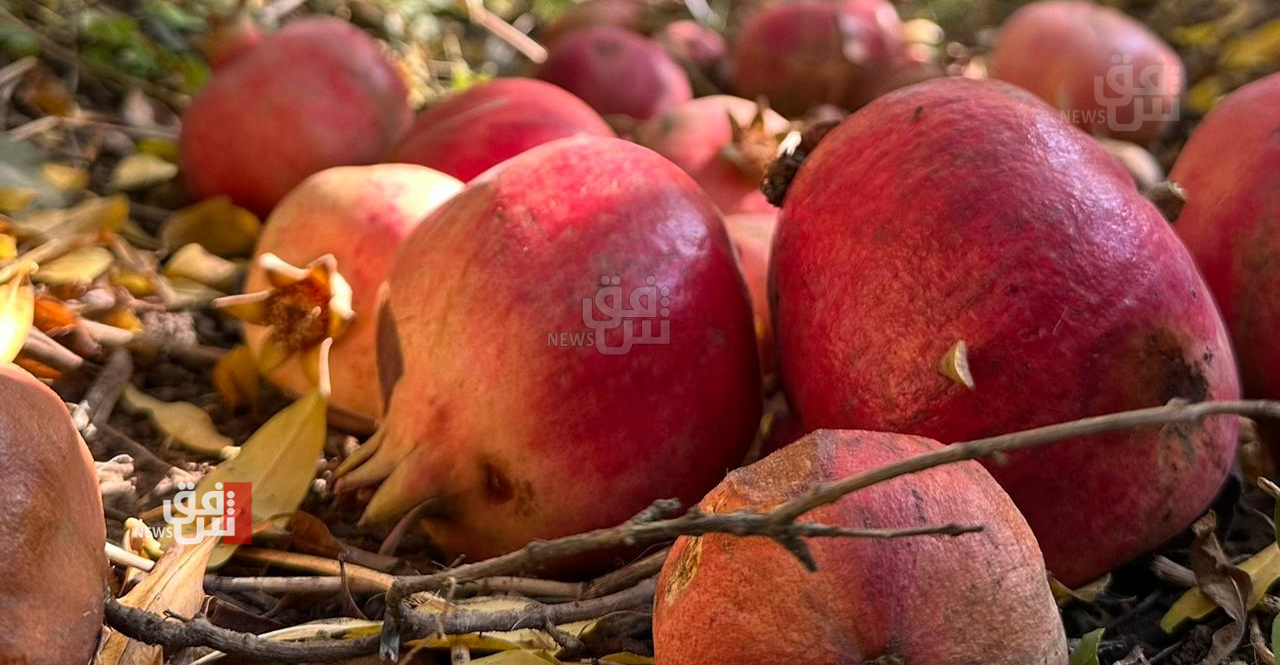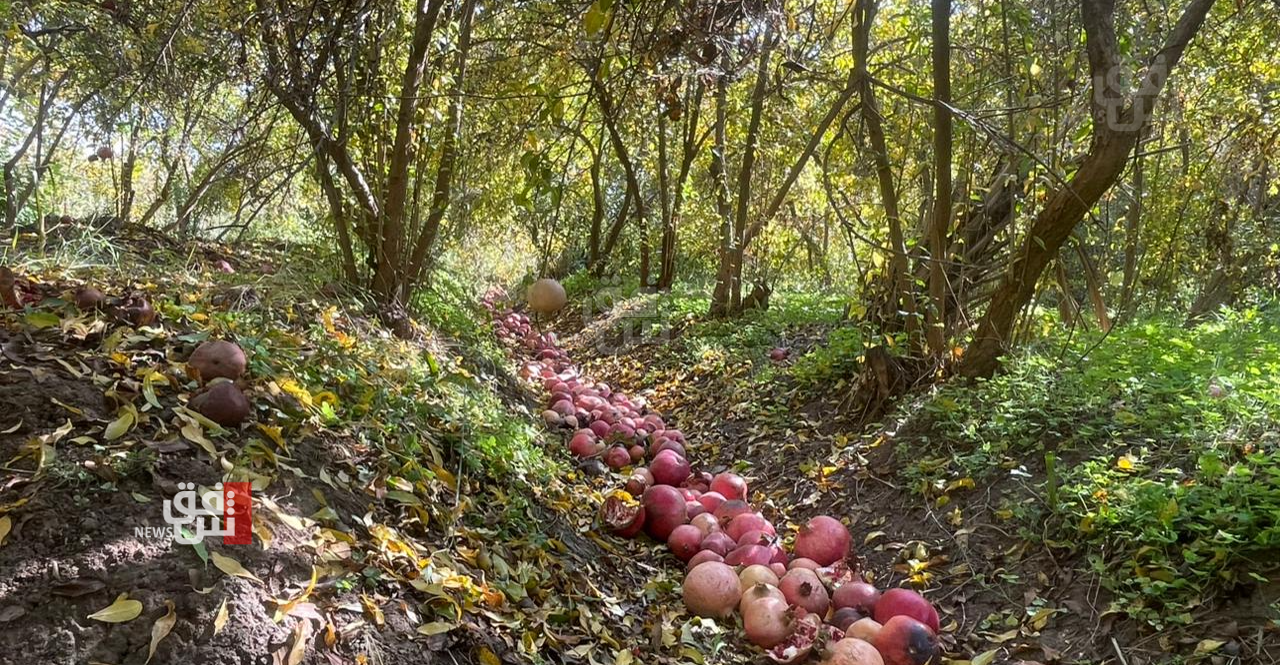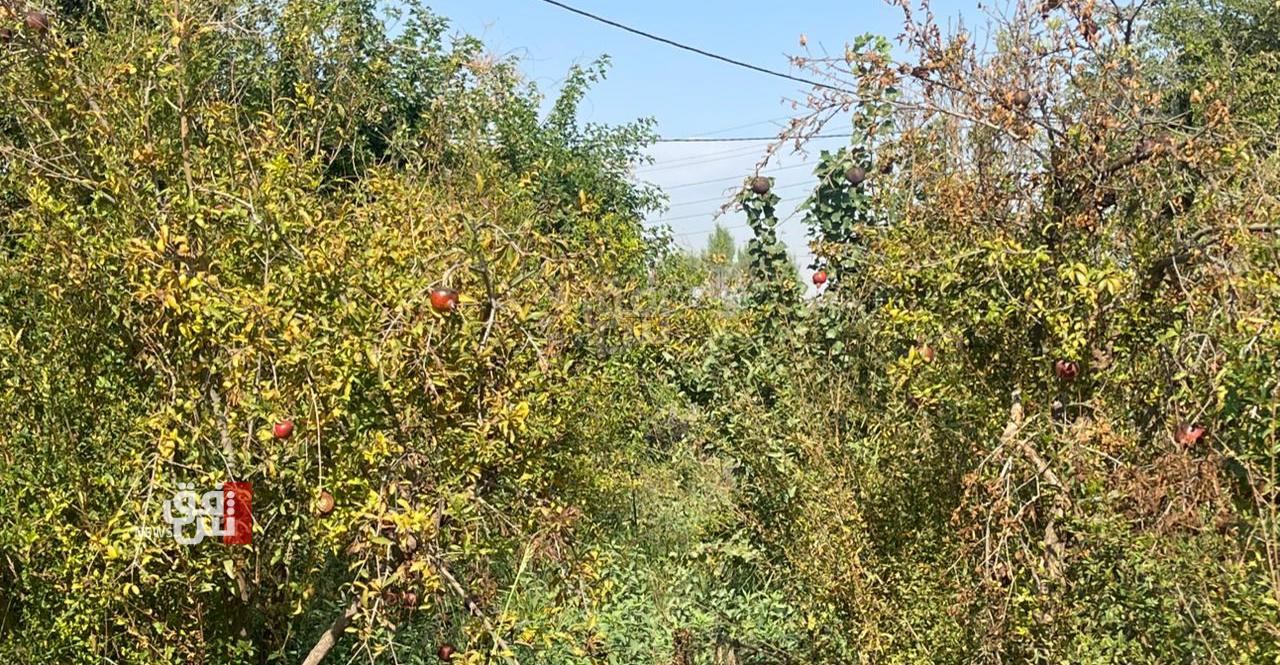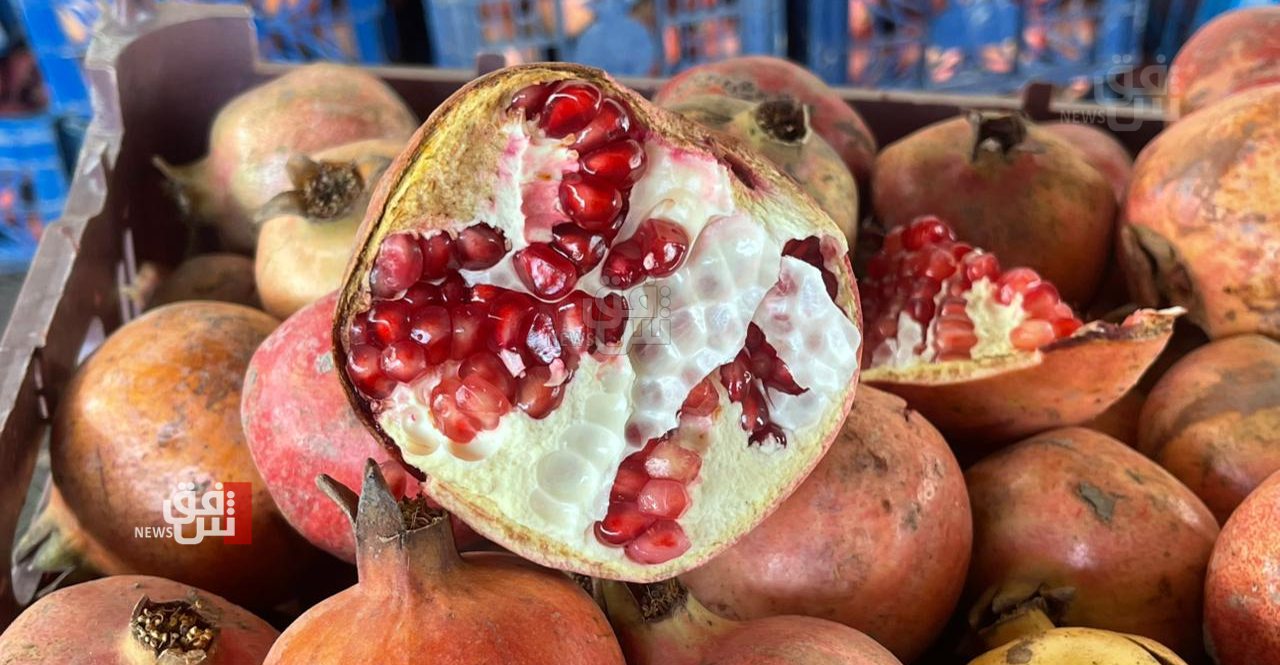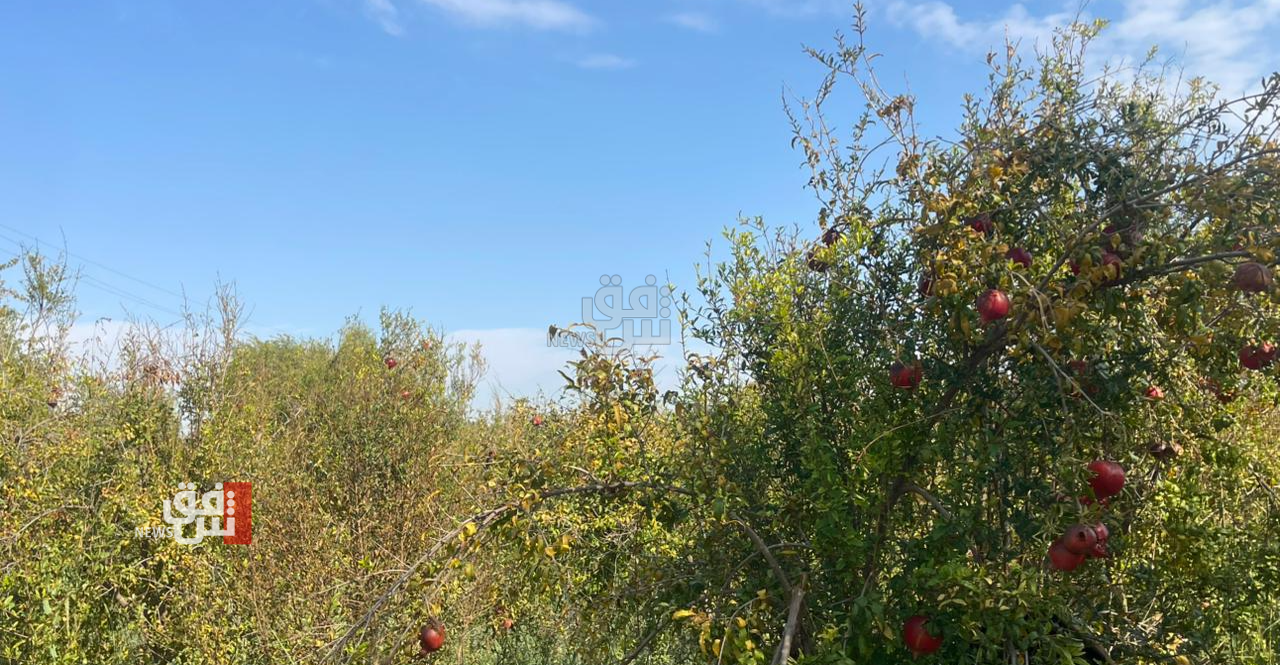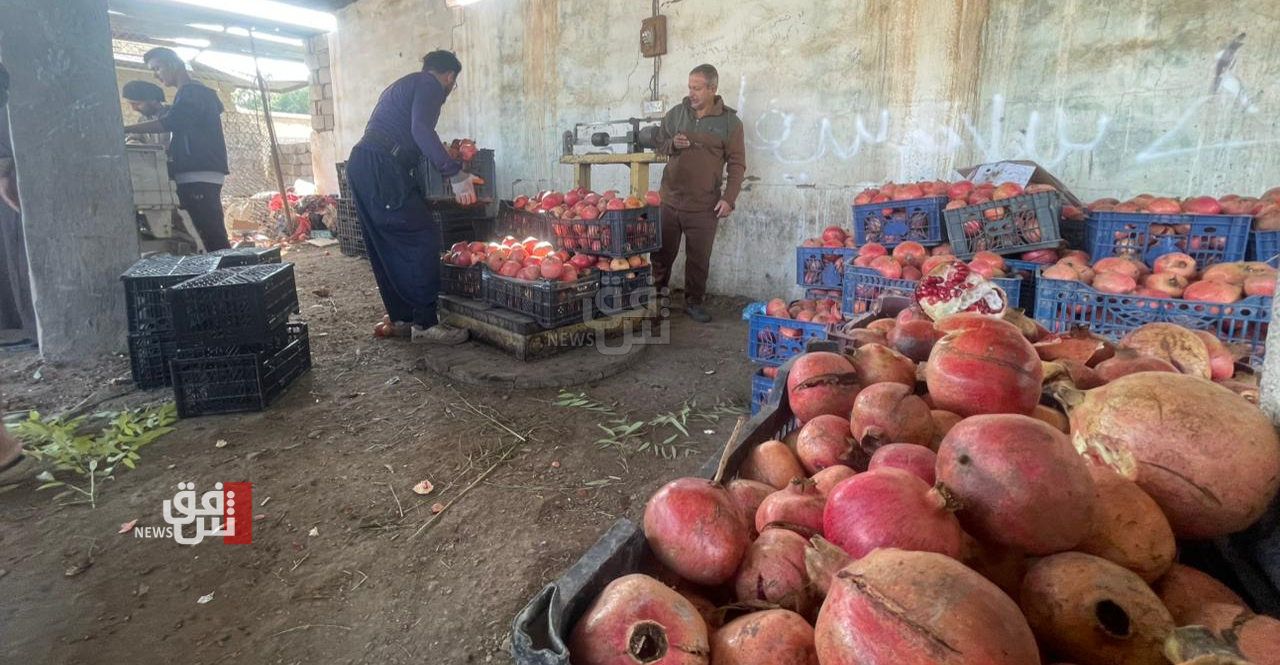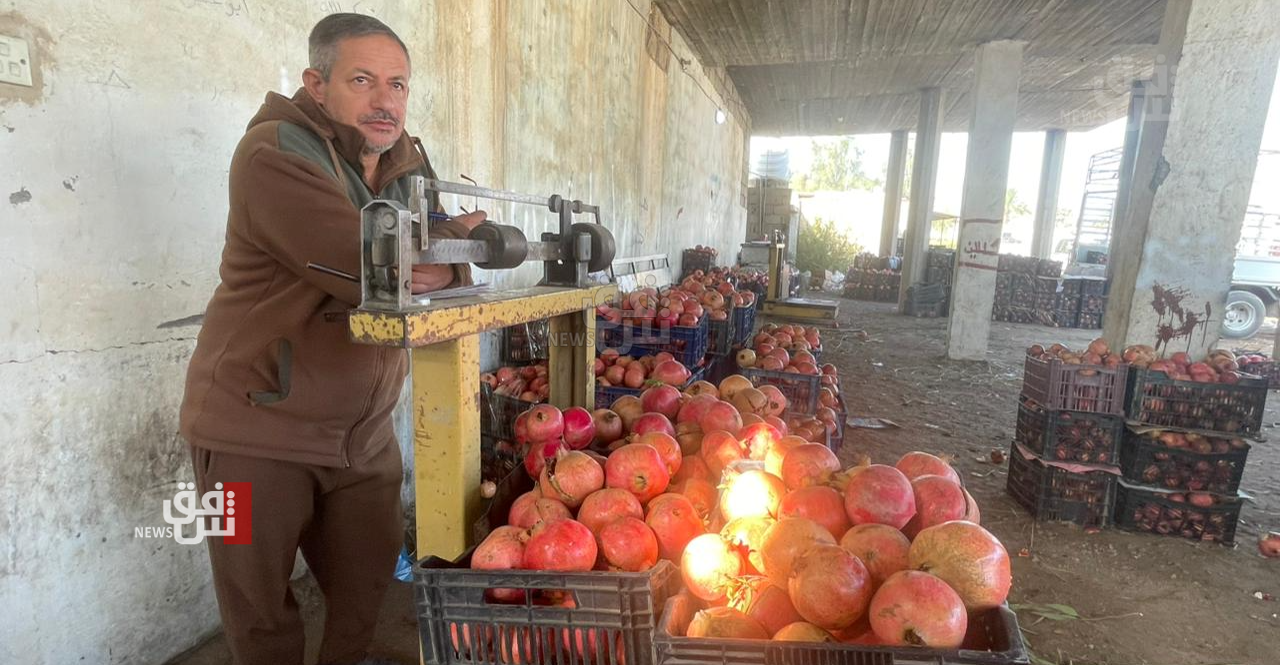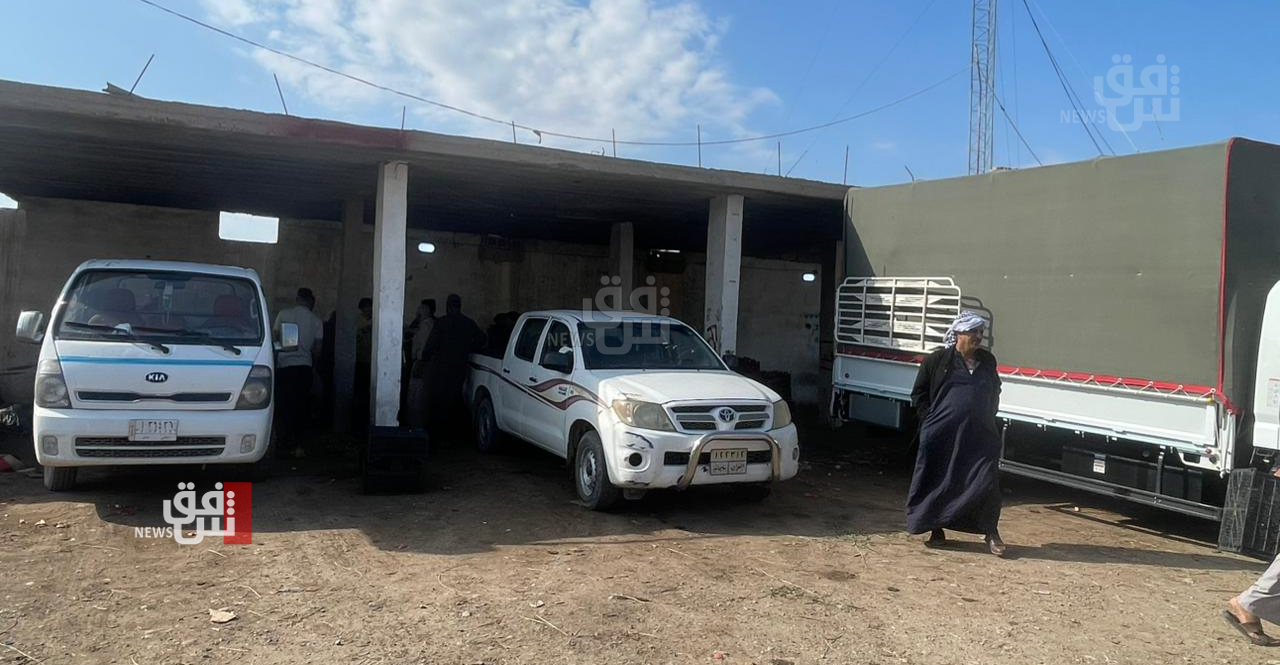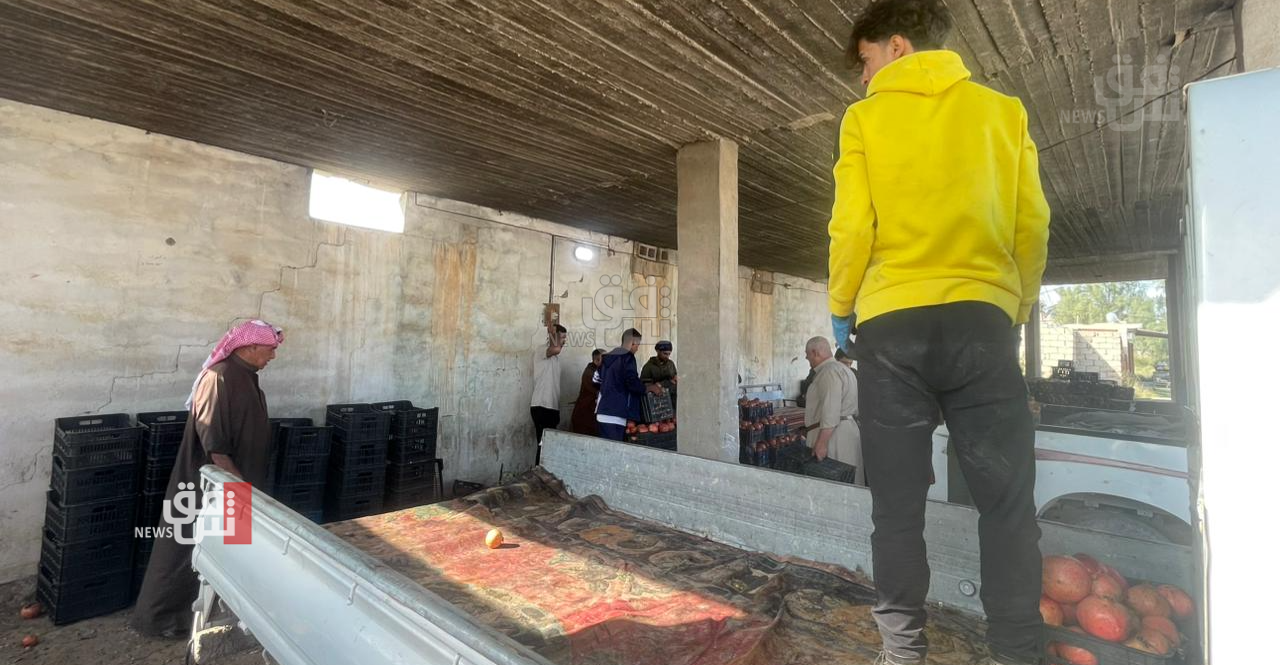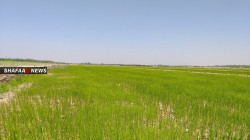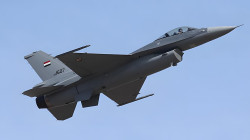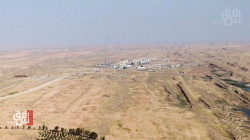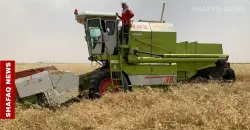Diyala's once-bountiful pomegranate orchards face extinction amid drought and economic challenges
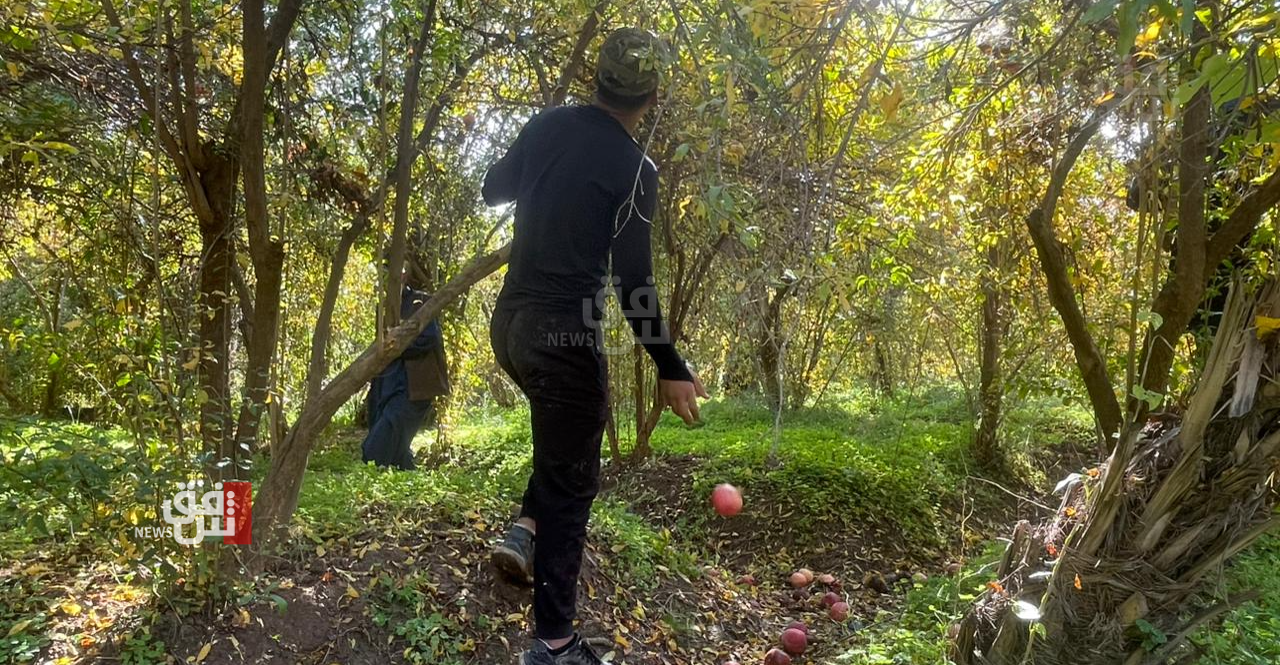
Shafaq News/ As the pomegranate harvest season reaches its peak in Diyala province, farmers are raising concerns over crop damage and falling prices due to imported competition and insufficient government support. They warn of the potential extinction of the region's famed pomegranate orchards along the banks of the Diyala River.
Abdullah Al-Azzawi, a farmer from the town of Al-Muqdadiya, told Shafaq News that "Diyala pomegranates, particularly those grown near the Diyala River in Al-Muqdadiya and reaching Sharwain, have long been famous for their quality and flavor. However, today the fruit is dry and lacks its characteristic 'sweet' taste due to drought and water shortages, in addition to competition from imports, particularly from Iran, Egypt, and Yemen."
Al-Azzawi explained that many farmers are now relying on wells due to the decreased flow of the Diyala River, which has significantly impacted fruit quality. As a result, the price of local pomegranates has dropped to 250 dinars ($0.19) per kilogram, while imported ones are sold at prices ranging from 1,500 to 2,000 dinars (about $1.4) per kilogram.
Omar Al-Jubouri, a farmer from Sharwain, pointed out that "pomegranate farming no longer offers economic viability for farmers, despite the many challenges during the growing season, including the costs of harvesting, transportation, and fertilizer, which costs around 1 million dinars per ton."
Al-Jubouri noted that pomegranate orchard areas, as well as other fruit plantations, have decreased by half or more in their region due to weak government support, particularly in the provision of affordable fertilizers and pesticides.
"Some farmers have either abandoned their orchards or sold them to convert them into residential land or more profitable ventures."
The drop in prices often forces farmers to return harvested fruit to the orchards or delay selling it, creating frustration among growers. "We used to sell a single shipment for 1 million dinars, but now we have to sell two or three shipments for the same amount," Al-Jubouri lamented.
He warned that if the situation continues, "orchards will disappear, along with the trees that farmers consider their livelihood after years of hard work," calling on the government for urgent intervention to reduce imports and provide support in the form of affordable fertilizers and pesticides.
Hafidh Mohammed, another farmer, highlighted that "before 2006, the pomegranate forests were thriving and produced thousands of tons, but the security turmoil during the sectarian period and subsequent events in 2014 led to large areas being turned into charcoal."
"After the liberation, farmers worked to revive many of the orchards, and we saw production growth, especially in 2019 when water and rainfall were sufficient."
However, Mohammed noted that "in the past three seasons, the pomegranate orchards have faced significant challenges due to a lack of water and an oversupply of imported crops, which is hurting the local harvest."
The Diyala Directorate of Agriculture confirmed the recent decline in pomegranate production due to several factors, including poor maintenance by farmers, insufficient water supply, large-scale deforestation of pomegranate groves, and the impact of military and terrorist operations.
Diyala Agriculture Department spokesman, Mohammed Al-Mandlawi, told Shafaq News that "the pomegranate-growing areas in northern Al-Muqdadiya and Al-Mansouriya cover about 10,000 dunams, with annual production previously reaching 5,000 to 6,000 tons. This year, the expected yield is between 4,000 and 4,500 tons."
Al-Mandlawi explained that "terrorist operations in these areas, water shortages, and low prices for the local product are among the key factors contributing to the damage of the crop, as pomegranate trees take years to recover."
He confirmed that the Diyala Agriculture Directorate has a plan to support and encourage farmers to expand their cultivated areas and increase production through the provision of necessary resources. However, he did not provide details about this plan.
